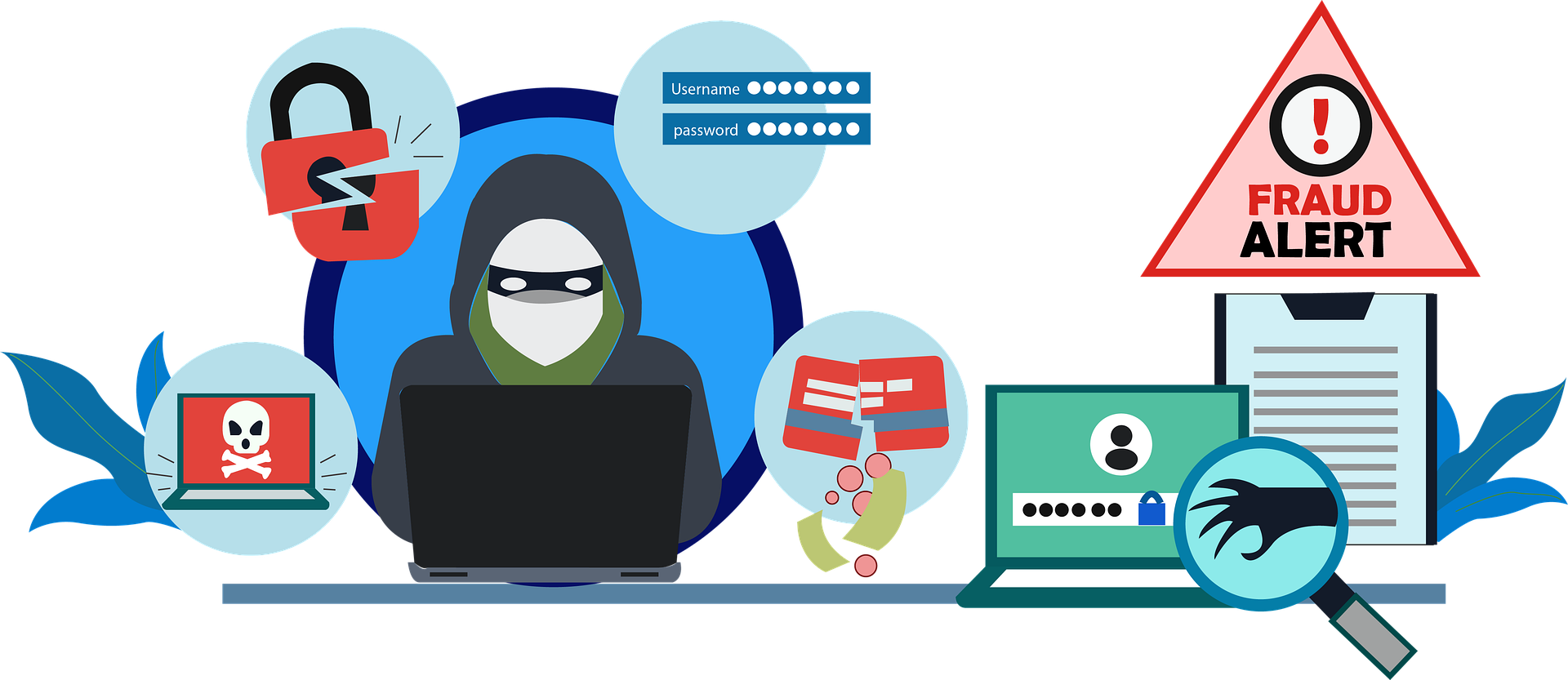Technology is a wonderful thing and has given us many things…
- The ability to communicate more efficiently… though I do like hand-written letters.
- Advances in agriculture for efficiencies and feeding the hungry.
- Creating globalization by bringing together countless countries.
- Education has been made more fun and engaging.
- The availability of knowledge 24 hours a day.
- Medical research to prolong or cure disease and health ailments.
- Creative marketing venues for virtually every demographic.
- And so much more!
And with great power comes great responsibility where one person’s tool is another person’s weapon i.e. online scam artists.
This past Sunday I was the target of a scam artist. Here’s how it happened:
I sent a friend request to someone I knew on Facebook who had five friends in common (from my office) so I was quite certain it was a legitimate profile (and it was). A couple of days later (on Sunday) I received a Messenger conversation from this same new Facebook friend with a friendly greeting using an Instagram profile. Coincidentally, I just attended an event where this new friend was speaking. She’s a seasoned veteran in the real estate industry and now coaches agents on success strategies. I thought she was just saying hi so I engaged in conversation with her as she is a very personable and approachable person.
Shortly into the conversation this person mentioned the “Catalog of Federal Domestic Assistance CFDA Grant.” I thanked her for sharing this nugget that might potentially help people I know and my customers and replied I’ll look into it. Then this person immediately shared a link to an attorney that handled the transaction for her where she received $50,000 in grant money towards her mortgage and didn’t have to pay it back. WOW…WHERE DO I SIGN UP?
I’m not the sharpest tool in the shed, but I wasn’t born yesterday either. As the conversation progressed, I became a little suspicious as I know people that have been targets of potential scams. And there were already some red flags.
I immediately researched the grant and it didn’t appear to be something I was eligible for and the beneficiaries of the grant were different than those mentioned in the chat conversation.
Also, I did a reverse Google Image search of the attorney and found out it belonged to another woman whose name was different.
Then I looked up the alleged scammer’s profile on Instagram and saw that it was a new account with zero followers and zero people following. This was a big red flag as this person has over 3,600 friends on Facebook!
Lastly, I asked the scammer what day I saw them speak at our company event here in Orlando then to email me using our company email addresses.
Big surprise… they replied asking why I needed that information.
I then immediately contacted both individuals through direct confidential channels to advise them of this potential scam and reported the profile to Instagram and Facebook. Here is the scam alert I found online:
https://www.grants.gov/learn-grants/grant-fraud/grant-scam-fraud-alerts.html
The sad thing is that some scam artists can be so convincing that some people believe these scams and lose large amounts of money with no hopes of being compensated for their loss. Technology has provided these nefarious individuals both anonymity and efficiencies for scalability. If it wasn’t working then why would the scam artists continue to target individuals?
If you suspect you might be the intended target of an online scam, I would suggest doing the following:
- Think and research first.
- Never give any personal, financial or sensitive information at any time.
- If the scam artist is presenting themselves as someone you know, contact that person directly through other channels to confirm it.
- Ask questions about your relationship with this person that the scam artist should know “instantly.”
- Do not click on any links or download anything as it could be a virus or spyware.
- Use the same technology the scammer is using against them:
- keyword search from the conversation i.e. email address, names, contact information, etc.
- Reverse Google Image search.
- Look at their profile on the appropriate social media venue for red flags i.e. new account, zero followers, friends in common, etc.
And if you have any doubt, call a friend. Not all of us are rocket scientists and the Internet or social media can be a little overwhelming. If you are being approached by someone with urgent good or bad news or an opportunity, then you’ll be contacted using appropriate and legitimate means and able to confirm the person and legitimacy of the information easily. You do not need to respond right then… research everything first.
Most organizations (AARP, SSA and others) have warnings on their website and even send notices in the mail that they will not call, text or email or some variation. If the purported organization can be found on the Internet, try calling them via the phone to verify (without providing any personal information) as scam artists do also create fake websites.
If scam artists worked as hard at an honest job as they do scamming people they certainly wouldn’t have to worry about money and would certainly avoid incarceration or worse.
The biggest advice I can give you is if it sounds too good to be true… it likely is.


 Facebook
Facebook
 X
X
 Pinterest
Pinterest
 Copy Link
Copy Link


